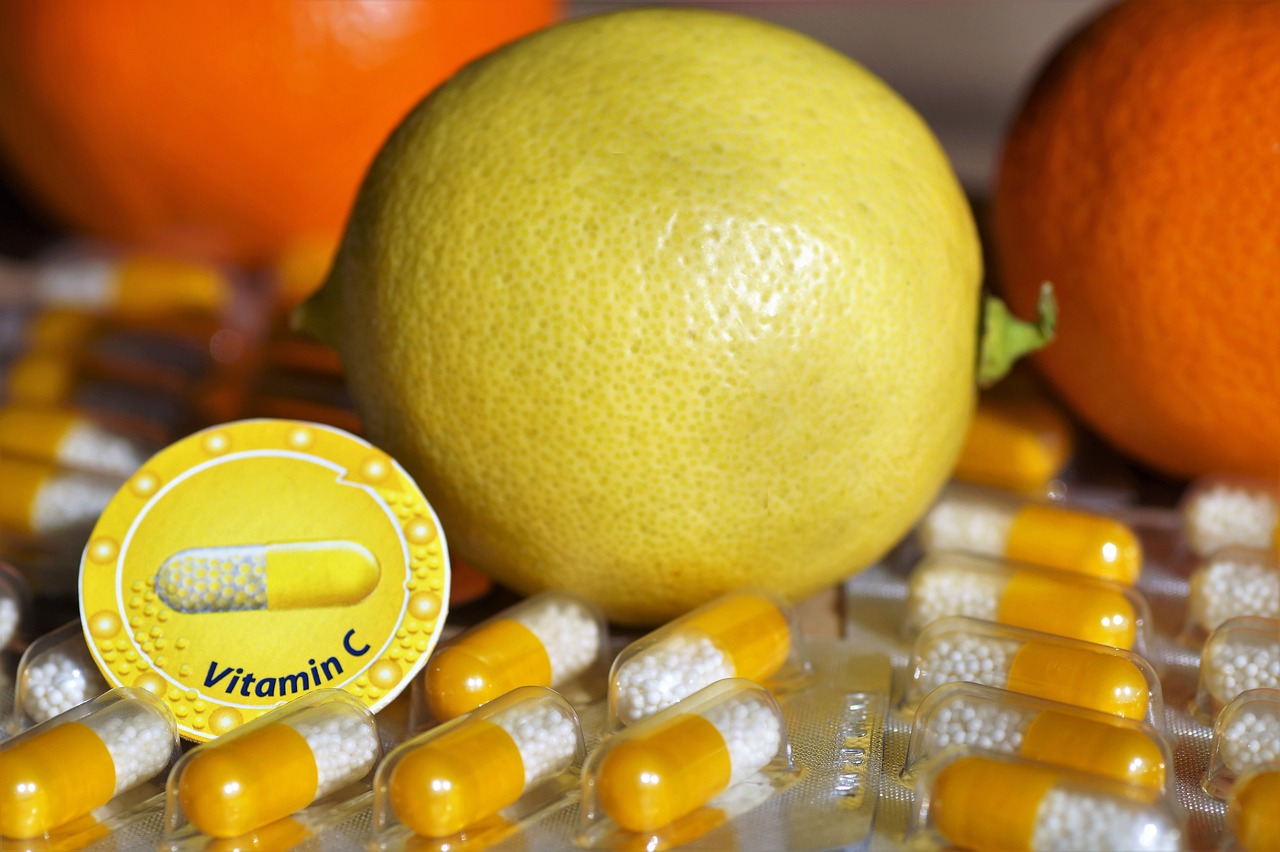
When your dog or cat is diagnosed with cancer, you’ll notice gradual changes in their appetite, energy, weight, and demeanor. To maintain their comfort for as long as possible, you can take steps to improve their quality of life. Naturopathy should be the next stage of their cancer journey.
Strengthening the immune system is the first line of defense against cancer and other types of diseases. This is where natural therapy for pets can play a vital role. This approach consists of nutritious food, essential oils, and “non-invasive” means of healing. It’s holistic therapy, which focuses on supporting the whole body and not the symptoms alone.
Naturopathy for pet cancer describes some of the most powerful nutrients that are safe for ailing cats and dogs. From coconut oil and turmeric to vitamin C, this guide will introduce you to several ingredients to slow the progression of cancer, improve energy, and ease pain.
Natural and Inexpensive Solutions for Cancer in Pets

Natural therapy for pets with cancer consists of herbal remedies, diet modifications, and vitamin supplements. While alternative remedies aren’t considered a standard cancer treatment, several products, can slow the progression of cancer and relieve symptoms such as nausea, poor appetite, and fatigue.
From oils to powders, alternative therapy can support your pet’s comfort and overall health.

Essential Oils

I’ve had quite a few people ask about essential oils for cats and dogs because they provide such great benefits for people. While essential oils or aromatherapy can reduce inflammation and fight infection, they can be harmful for your furry companions if used incorrectly. Not all of these oils are safe for pets and may lead to irritation and life-threatening circumstances, such as anaphylaxis.
What exactly are essential oils?
Essential oils consist of natural compounds found in plants. They range from fragrant potpourris to herbal remedies. It is always best to speak to your veterinarian about this type of alternative therapy to avoid respiratory and skin irritation in your beloved pets.
The following immune-boosting essential oils are pet-friendly:
- Rosemary
- Ginger
- Chamomile
Essential oils to avoid for cats and dogs:
- Peppermint
- Lemongrass
- Pine
- Cinnamon
- Any type of citrus
Turmeric

Turmeric contains curcumin, which plays a role in slowing the progression of cancer. It is also a powerful antioxidant that protects healthy cells while reducing inflammation. Furthermore, turmeric protects joints against cartilage damage, promotes heart health, and improves liver function.
You can also give turmeric to pets in the form of a paste, known as the “golden paste.” Some apply turmeric topically to cancerous tumors because it may shrink the tumor. If you are going to use turmeric topically, test a small area on the skin first. Sasha developed mild irritation on her leg after the paste was applied, so check for signs of redness or swelling and discontinue if skin changes occur.
Dosage:
For medium to large dogs, start with one teaspoon of organic turmeric powder added to 1/2 a teaspoon of organic coconut oil and 1/2 a teaspoon of water. For small dogs and cats, start with a 1/4 teaspoon and quit using it if skin or digestive irritation occurs. If your dog tolerates the turmeric mixture in their diet, you can increase it to two teaspoons of turmeric powder combined with one teaspoon of coconut oil and water.
For cats, provide turmeric in small doses. Start with a quarter teaspoon daily for a weight of between 10 and 20 lbs. If no adverse reactions occur, eventually increase the dose to 1/2 a teaspoon per day.
Coconut Oil

Coconut oil is one of the best supplements for fighting cancer in dogs. Adding organic coconut oil in its purest form boosts the immune system. It also contains lauric acid, which is an antioxidant known to fight cancer cells while encouraging healthy skin and a soft coat.
Dosage:
- 10 ml of softened organic virgin coconut oil for medium to large dogs.
- 5 ml of coconut oil for small dogs.
Buffered Vitamin C

Vitamin C is one of the most potent vitamins to increase immunity. In fact, studies involving cancer and vitamin C have shown promising results in people. High doses of ascorbic acid can slow the progression of cancer cells, with the added benefits of improved energy and appetite.
Sasha received intravenous vitamin C and oxygen therapy from a holistic veterinarian. I can confidently say that she was more energetic, perked up, and more interested in food after her sessions. Sasha received intravenous vitamin C every third week, which was around R2000 ($115) per treatment. Unfortunately, the therapy became too expensive to continue, and Sasha struggled with joint stiffness because of the long drive to the clinic.
For pets to benefit from vitamin C, they can only consume a water-soluble or buffered ascorbic acid. They are unable to digest the insoluble or regular form of vitamin C. Sasha was prescribed Solal Ascorbic Acid by her holistic veterinarian.
Dosage:
Buffered vitamin C is available in powder and capsule forms. If you choose capsules, do not start with the full dosage based on weight. Give small dogs and cats a 1/4 capsule, and medium to large dogs over 20 kg (40-50 lbs), 1/2 capsule with food. Increase to 1/2 capsule for small dogs and cats and one capsule for large dogs after one week.
Remember that feeding too much vitamin C too quickly will cause soft stools and diarrhea, so stick to slow introductions.
Coenzymes
Coenzyme Q10 is an incredible antioxidant supporting the immune system. It is a necessary part of natural therapy for pets with cancer because it protects healthy cells, especially for pets on chemotherapy.
Look for products such as Alpha Lipoic Acid. The antioxidant LPA is a promising compound known to inhibit tumor cells.
Vitamin Supplement
My vet created a vitamin tincture consisting of vitamins A and D that I could administer as a liquid through a dropper. Sasha received 3 to 5 drops per day without any fuss!
Vitamin D reduces angiogenesis, which means that it minimizes the blood supply to tumors. Be sure to discuss suitable vitamin tinctures or supplements with your vet.
Hemp Seed Oil
The oil extracted from the hemp plant is an excellent source of fatty acids and nutrients. Hemp oil for pets with cancer may slow the progression of the disease, including the rate at which tumors grow. Hemp oil, much like CBD, contains no psychoactive properties, and you can find cold-pressed oil at a regular health store. Drizzle a teaspoon over your pet’s meals.
The difference between hemp oil and CBD oil is that hemp oil only contains tiny cannabidiol compounds compared to CBD oil. Furthermore, hemp oil naturally improves the immune system and produces a soft and shiny coat in all pets.
To learn more about cannabis products visit my page on CBD for pets. Here, I break down the benefits, dosage, and the differences between CBD and full-spectrum oil.
